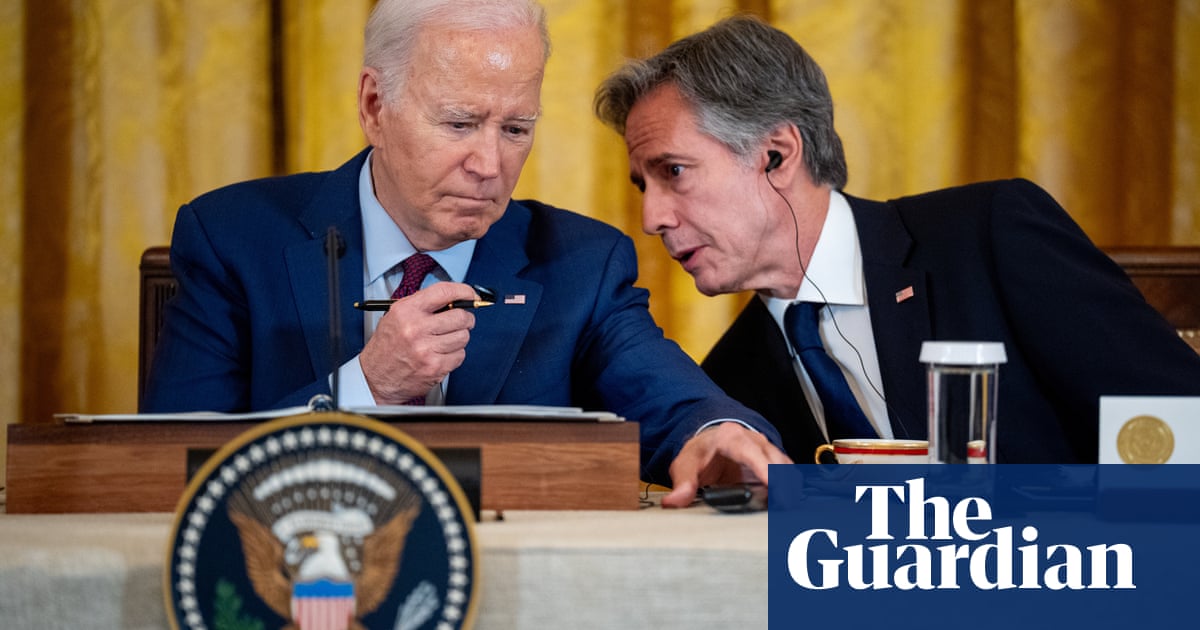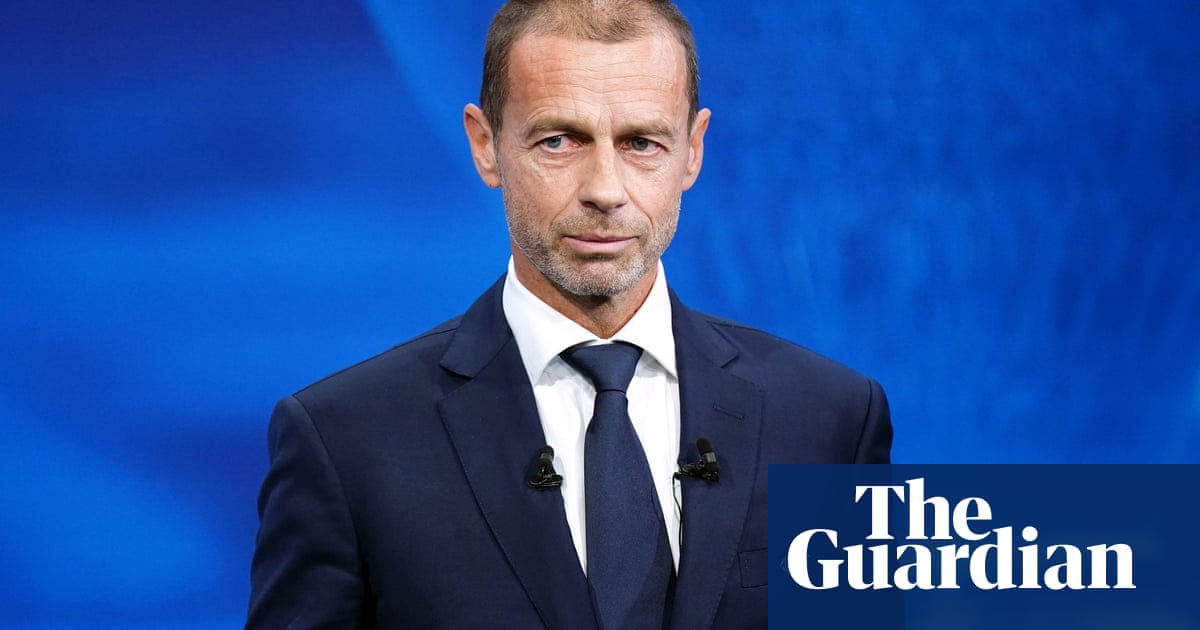Ed Miliband has pledged to bring in “the most ambitious reforms to the country’s energy system in generations” as he presses ahead with plans to accelerate the development of onshore windfarms in England.
The energy secretary is to set out the government’s “clean power 2030” plan on Friday, including measures to boost the UK’s renewable energy supply such as building canopies of solar panels on outdoor car parks.
The Department for Energy Security and Net Zero says the proposals will generate £40bn a year from the private sector.
Energy industry and environmental groups broadly welcomed the plan, with the latter urging the government against investing in carbon capture projects at the expense of supporting renewable energy development.
Ministers want to wean the country off its dependence on fossil fuels, which was laid bare when Russia’s invasion of Ukraine caused British energy bills to soar to record highs.
Among the measures covered by the plan was confirmation that onshore windfarms will be brought back into the Nationally Significant Infrastructure Project regime in England, which streamlines planning processes for important and large scale projects.
This would make it easier to progress onshore farms larger than 100MW, which in some cases require hundreds of acres of land.
The government will launch a call for evidence on car park solar panel canopies next year, and also said there was significant scope to install solar panels on warehouse and factory roofs, with 20% of the UK’s biggest warehouses potentially providing up to 15GW of solar capacity.
The plans come as low wind and solar power generation forced Britain to rely heavily on burning gas and wood pellets. As of Thursday, about 65% of Britain’s electricity was being generated from gas and biomass, with just 5.3% coming from wind.
Other measures include:
-
Reforming the system for connecting new projects to the national grid to prioritise the most viable projects;
-
Speeding up decisions on planning permission by empowering planners to prioritise critical energy infrastructure;
-
Expanding the renewable auction process to allow funding to be secured before planning permission in an effort to stop delays and get more projects connected;
-
Allowing households to get access to cheaper tariffs at different times of day.
Miliband said: “A new era of clean electricity for our country offers a positive vision of Britain’s future with energy security, lower bills, good jobs and climate action. This can only happen with big, bold change and that is why the government is embarking on the most ambitious reforms to our energy system in generations.
“The era of clean electricity is about harnessing the power of Britain’s natural resources so we can protect working people from the ravages of global energy markets.
“The clean power sprint is the national security, economic security, and social justice fight of our time – and this plan gives us the tools we need to win this fight for the British people.”
It follows the signing on Tuesday of the final investment decision for the UK’s first carbon capture project in Teesside. The East Coast Cluster, which will capture and store carbon emissions from industries in the region, is to start construction in mid-2025.
On Thursday, the energy developer Ørsted announced up to £100m worth of contracts for its Hornsea 3 offshore windfarm.
The government wants to clean up the grid system to connect as much clean power as possible before 2030. Currently the queue of projects, which has grown 10-fold over five years, is managed on a “first come, first served” basis. The reforms will enable the most viable projects to jump the queue, with stalled or slow-moving projects pushed back.
The department said this would see crucial infrastructure, from housing to gigafactories and datacentres, connect sooner to the grid.
The state-owned energy system operator, Neso, last month said that Labour’s plan to create a clean electricity system by 2030 was “immensely challenging” but still “credible” if ministers took urgent action to fix Britain’s sluggish planning system.
Doug Parr, the policy director at Greenpeace UK, said: “The winds of change are finally blowing in the right direction. But this roadmap must treble the amount of power generated by offshore wind and solar and double onshore wind, at least, if it’s to deliver the kind of ambition needed to turbocharge our way to a renewably powered future.”
He added: “Any money earmarked for carbon capture and storage – which is expensive, impossible to make zero carbon and fails to detach electricity prices from the volatile international gas market – would be better spent on the renewables, grid and storage infrastructure that will actually deliver clean power.”

 2 months ago
50
2 months ago
50













































